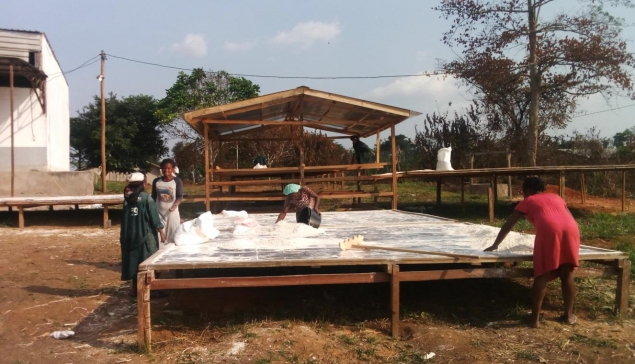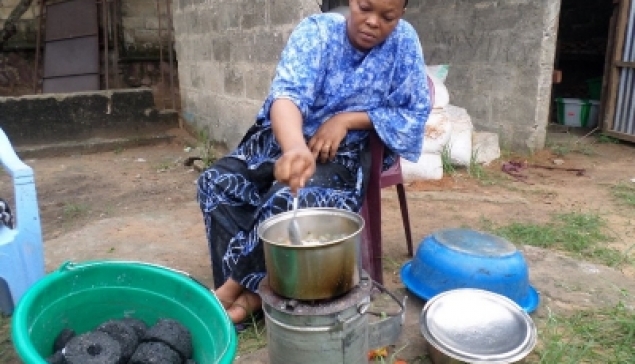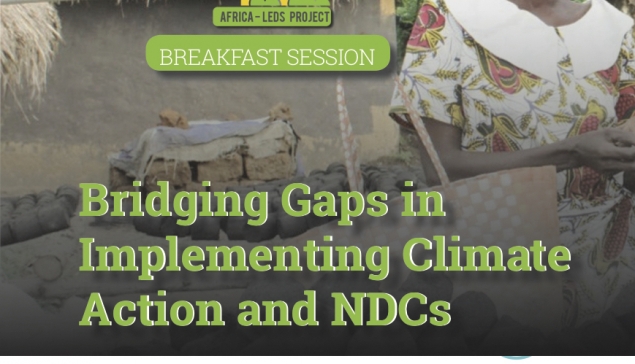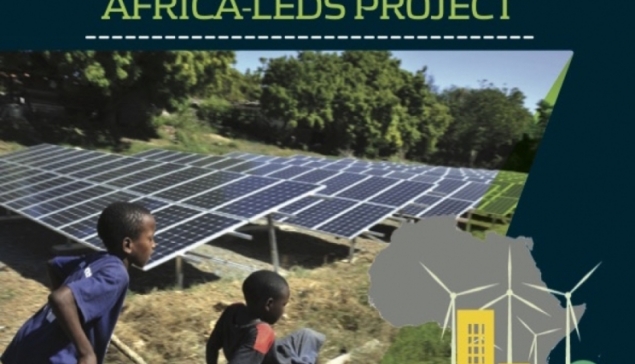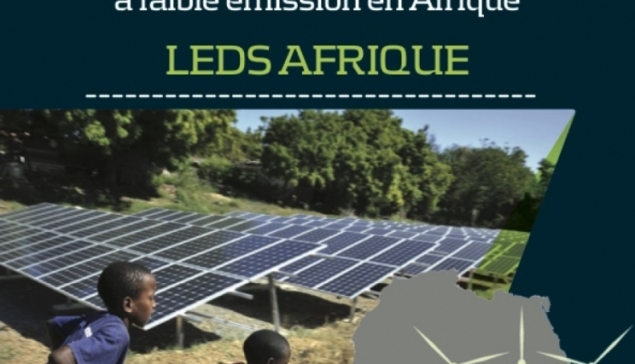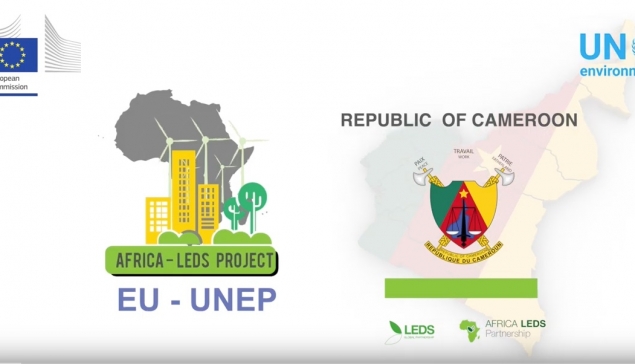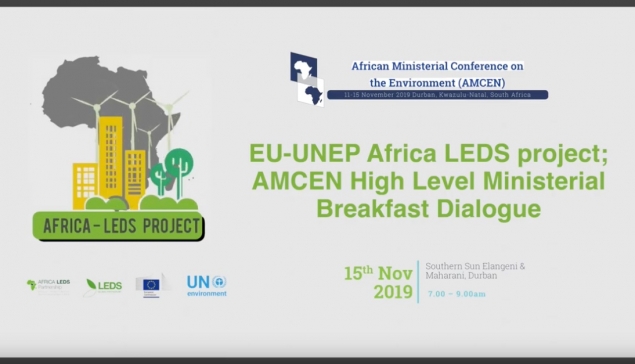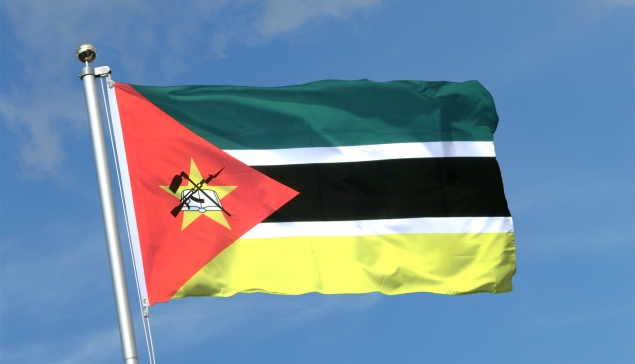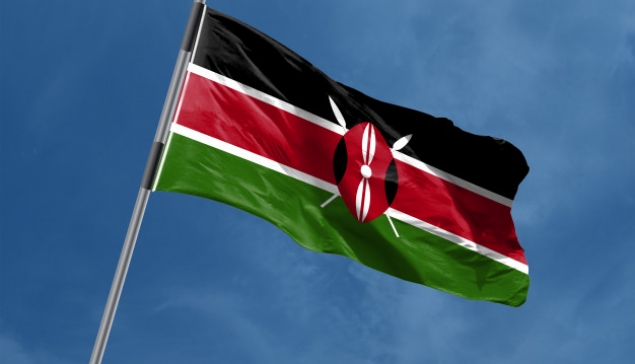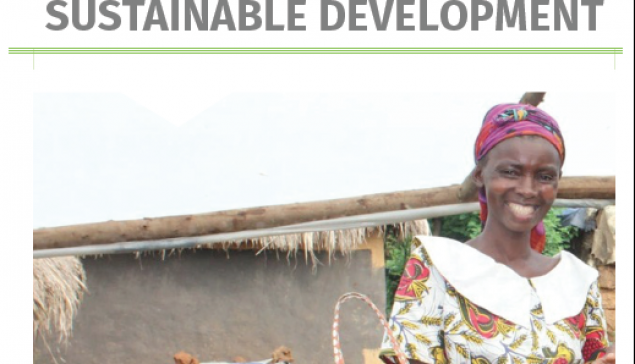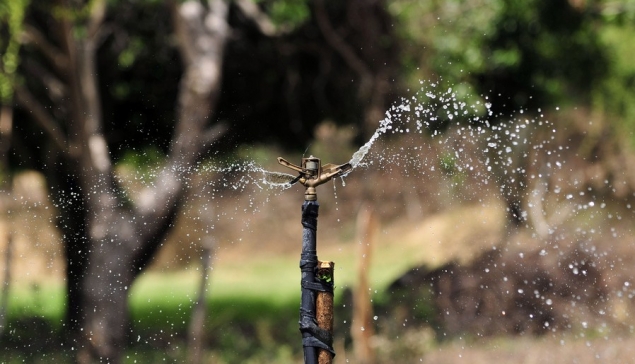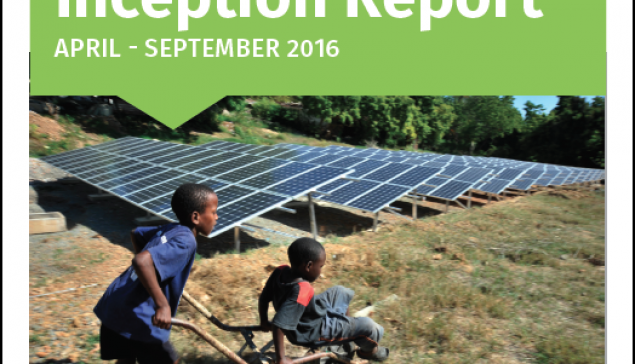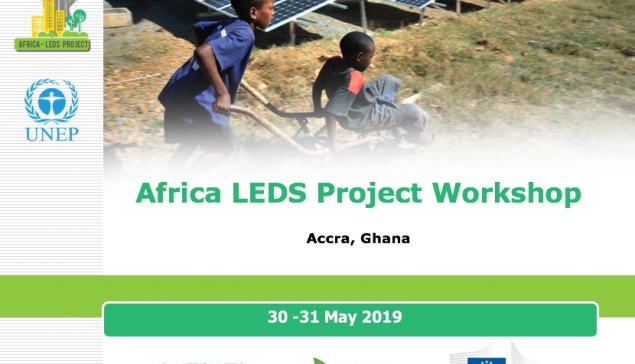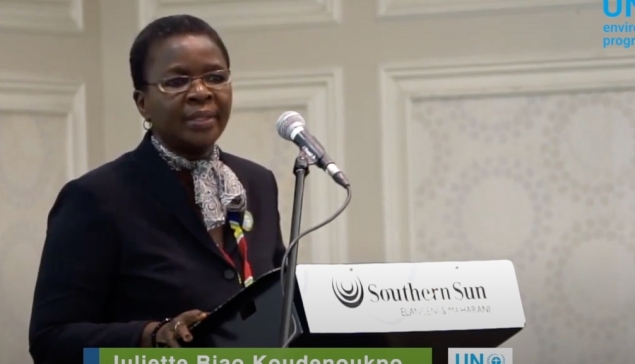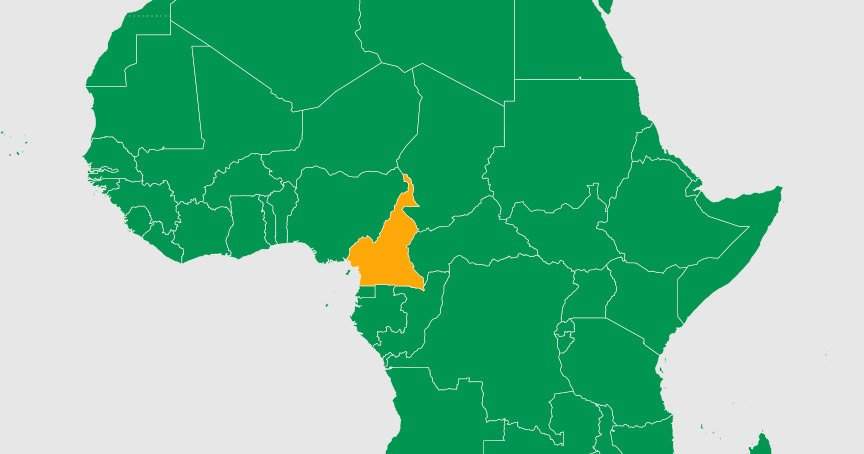This project is in line with the government of Cameroon Vision 2035 that seeks to ensure Cameroon attains middle-income, industrialized country status by 2035, combating poverty and providing income and job opportunities for its population. To this end, the project seeks to support the implementation of Cameroon’s INDCs, which are contextualized to the vision 2035 and hence represent the country’s LEDS plan, capturing Cameroon’s priority to industrialize while taking action against climate change. This priority was reiterated by the multiple stakeholders from government, private sector, academia & researchers, representative of Cameroon, who congregated for the project inception workshop that took place on 15 July 2016 in Yaoundé.
The following is to guide the roll-out of implementation activities by component and deliverables.
A) Component 1:
Three key deliverables are targeted for this component and are indicative.
Deliverable 1: enhance transition towards low emissions developments in the priority & complementary energy, agriculture, forestry among other potential sectors by enhancing linkage of clean energy with sustainable, ecosystems based agricultural processes. Target decentralized off-grid and mini–grid clean energy systems to support agriculture production areas is an indicative priority areas. Develop and document case study(s) based on this deliverable.
Indicative Activities
- Identify and build collaboration with on-going decentralized clean energy initiatives from government, private sector, academia, non-governmental / development partners to establish a viable plant that can power processing (The Ministry of Water and Energy that made a presentation, including on a directory of 261 sites for plants ranging from 10kw - 5MW a good start point)
Deliverable 2: Policy analysis - to inform enabling policy and actions for enhancing transition towards low emissions developments in the priority & complementary energy, forestry, and agriculture sectors – amended sectorial policies, produce policy brief, reports and action plans on inter-ministerial collaboration required towards transition to low emissions developments in the priority & complementary energy and agriculture sectors and other sectors
Activities
- Policy analysis to establish relevant inter-ministerial silos to bridge and develop cross-cutting policies – cutting across environment, agriculture, energy, infrastructure, industry, trade, finance, lands as needed to catalyze both private sector and government investment LEDS sectors (Produce report).
- Capacity needs assessment, in both government and private sector –technical, institutional, financial, technological, market needed for LEDS actions rollout (Produce report).
- Development of an integrated ministerial level policy brief, strategy, action plan and standard operating procedure covering the roles, responsibilities and reporting structure of inter-ministerial collaboration towards scaled-out LEDS actions
Deliverable 3: Desk studies – needs assessment report developed, relevant manuals supplied to build capacity of LEDS in Cameroon.
Activities: capacity needs assessment and supply of relevant manuals for installation, operating and maintenance of decentralized renewable energy systems and waste to energy systems
Deliverable 4: policies and action plan on enhancing sinks and sequestration – (amended sectorial policies of sectors dependent on forest ecosystems to integrate forest protection practices; afforestation policy developed / updated to target qualifying for Certified Emissions Reduction incentives under Article 6(4) of Paris agreement; a strategy and action plan to operationalize afforestation policy / reforest significant areas developed)
B) Component 2:
Two deliverables are envisaged. The aim is to have appropriate context specific model(s) for Cameroon that will be able to guide long term policy planning to ensure robust LEDS planning framework and INDC implementation results in maximum socio-economic benefit for Cameroon.
Deliverable 1: Baseline inventory of Cameroon emissions levels established and training and capacity building done
Activities
-Constitute country modelling team. Mobilize stakeholders, especially those engaged in inception workshop from academia and government technical units in ministry of agriculture, energy, lands, forestry, and environment - especially in the National Observatory on Climate Change (ONACC), for participatory process with project technical partners in establishing baseline / GHG inventory for Cameroon.
-Organize short course (1 week) for above stakeholders and institution on LEDS modelling and GHG inventories
-Participatory process to establish GHG baseline for Cameroon
Deliverable 2: long term LEDS policy planning analytical framework established targeting emissions trends and tradeoffs in energy, agriculture, forestry & land use and transport among other key emissions sectors. Model(s) adapted, capacity building done and relevant software and hardware technology transferred to Cameroon ministry officials, technical persons and academia. Adapted models should clearly demonstrate the long-term socio-economic impact of different priority options for low emissions as identified in the NDCs and the amount of GHG abated by each if the options
Activities
- Mobilize stakeholders, especially those engaged in inception workshop from academia and government technical units in ministry of agriculture, energy, lands, forestry, transport and environment - especially in the National Observatory on Climate Change (ONACC), for participatory process with technical partners in establishing viable models.
-Organize training workshop for above stakeholders on use of the adapted models (3 days)



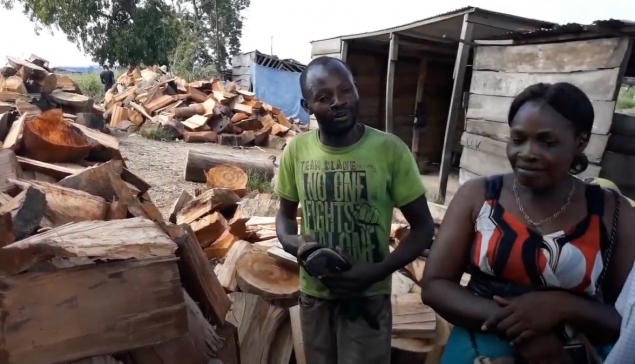
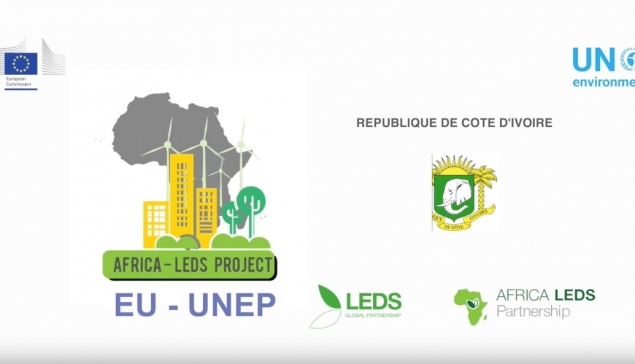


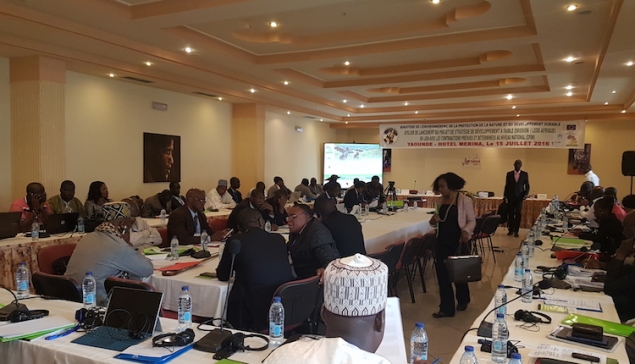
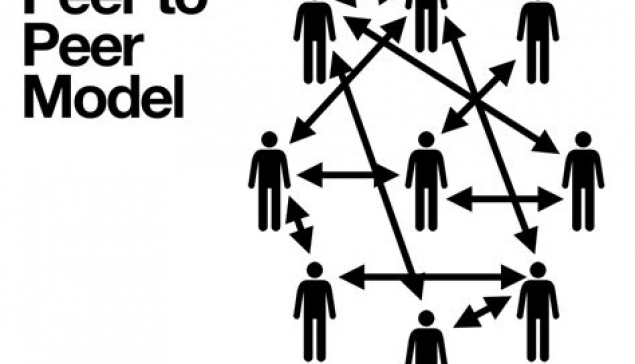

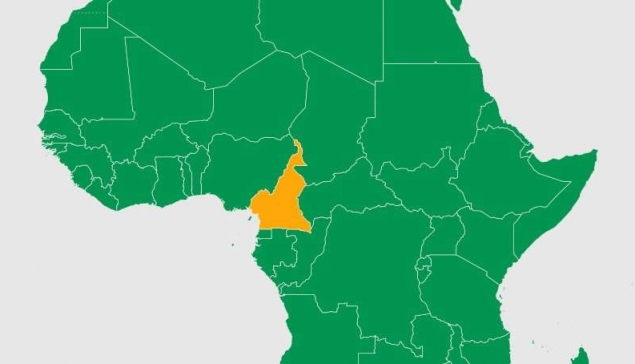
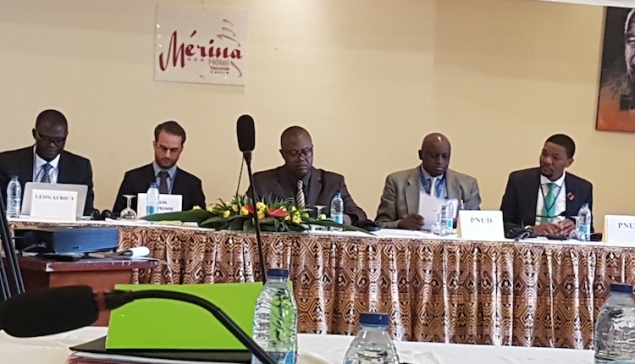
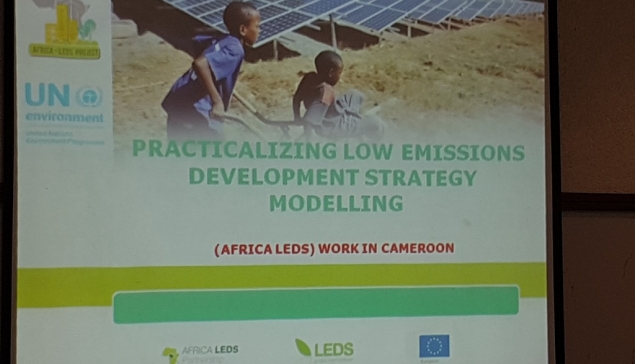
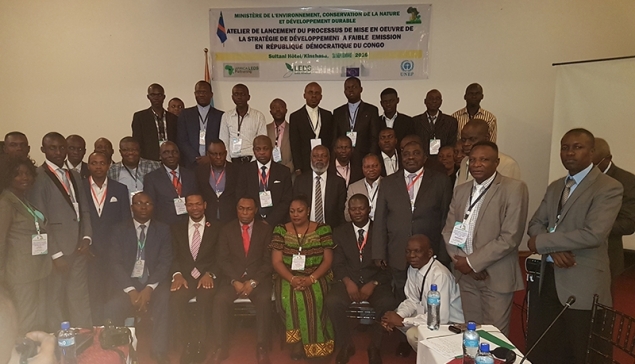
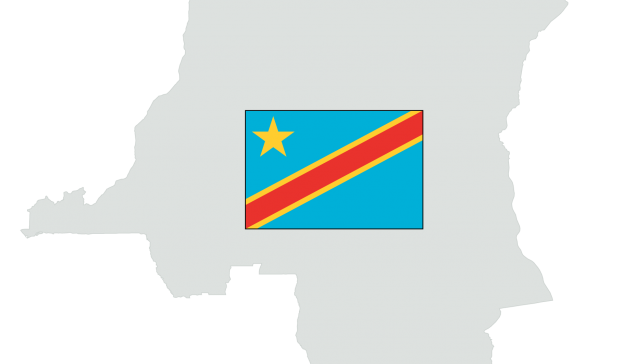
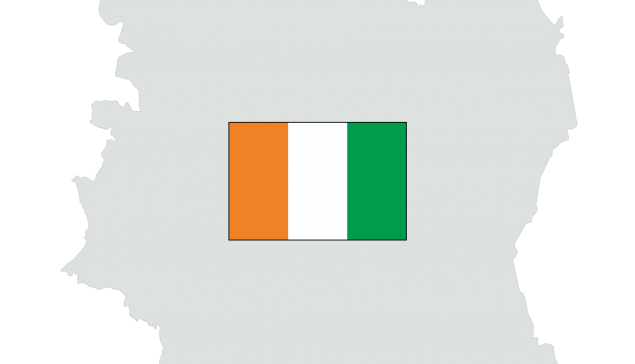
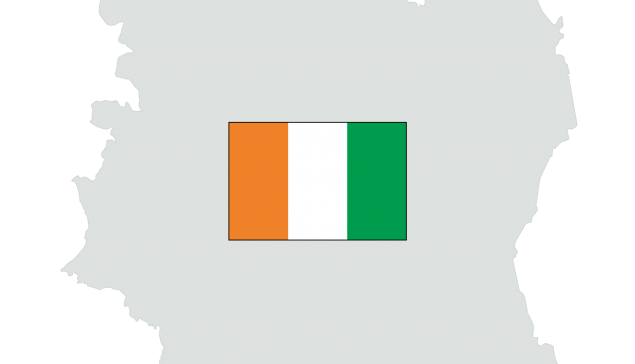
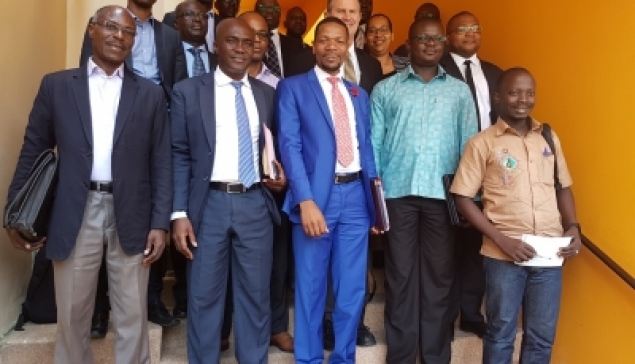
_large.jpg)
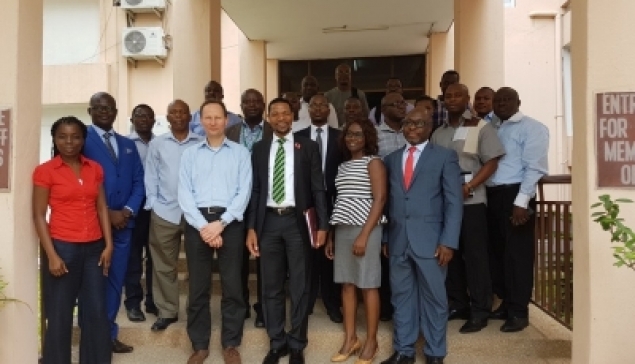
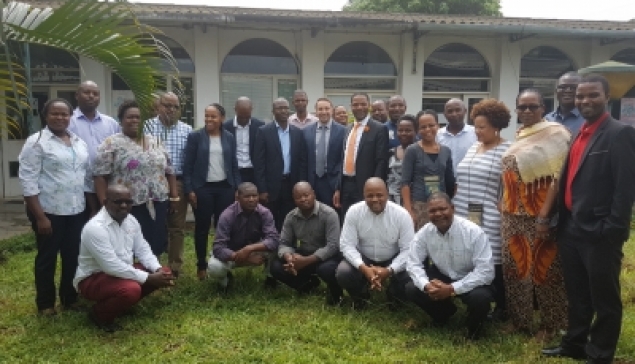
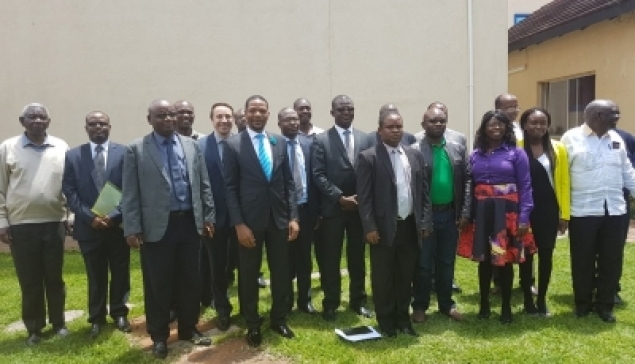
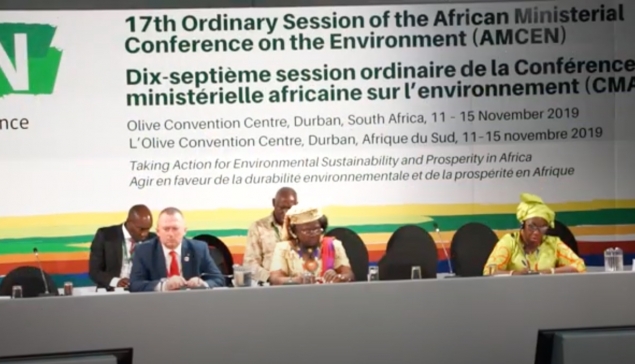

_large.jpg)
